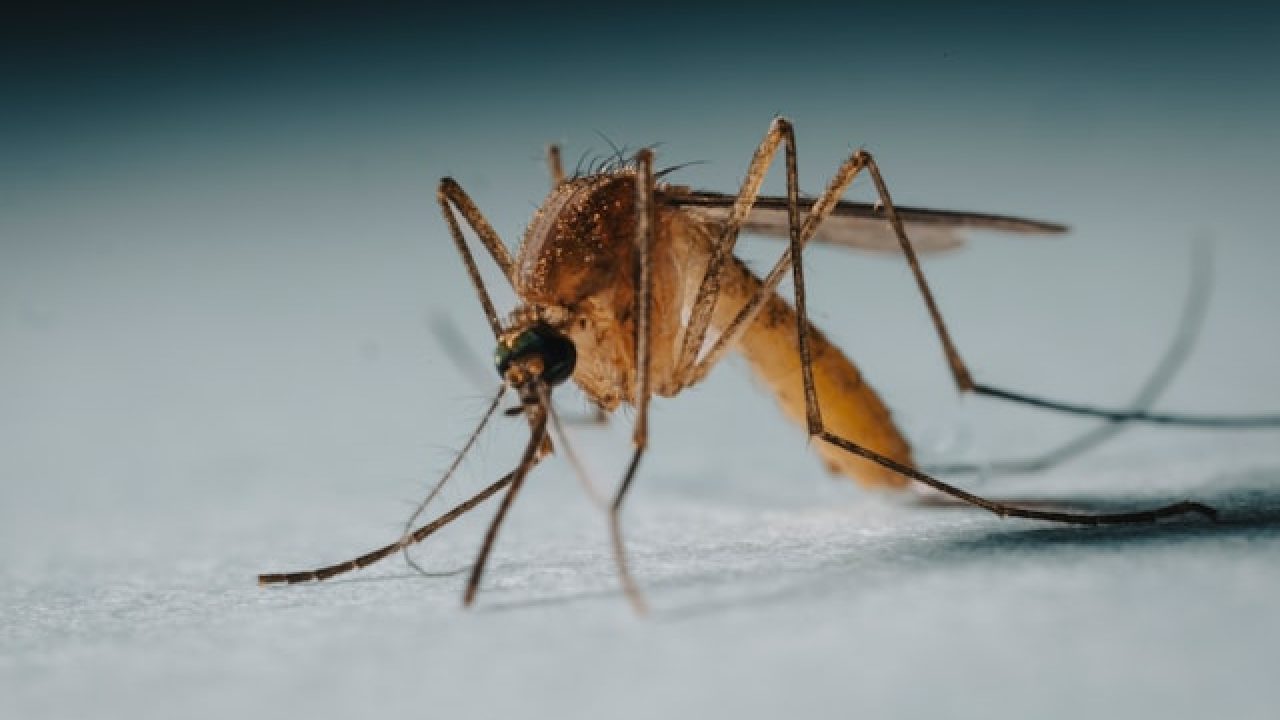In an innovative effort to curb the rising cases of chikungunya virus infections, Chinese health authorities have begun deploying a new form of biological control: giant cannibal mosquitoes. This novel approach leverages the predatory nature of these mosquitoes to reduce the population of disease-carrying insects and help control the spread of the virus.
The Chikungunya Challenge
Chikungunya, a mosquito-borne viral disease characterized by fever, joint pain, and debilitating fatigue, has seen a significant resurgence in parts of China. The illness, transmitted primarily by Aedes mosquitoes, poses serious public health risks, especially in densely populated regions.
Traditional control methods such as insecticide spraying and elimination of breeding sites have had limited success against the rapid reproduction and adaptability of the mosquitoes. The recent surge in cases has driven scientists and public health officials to explore more sustainable and targeted solutions.
Enter the Giant Cannibal Mosquito
The “giant cannibal mosquito” is a specially bred variant known for its aggressive predatory behavior toward other mosquito larvae. By introducing these predators into affected ecosystems, authorities aim to naturally reduce populations of the Aedes mosquitoes responsible for spreading chikungunya.
Unlike chemical methods that can harm the environment and lead to resistance, this biological tactic offers a more eco-friendly approach. The giant cannibal mosquitoes consume their smaller counterparts’ larvae, effectively breaking the disease transmission cycle.
Early Results and Future Prospects
Initial pilot programs releasing the giant cannibal mosquitoes in several outbreak hotspots have shown promising results, with noticeable declines in Aedes mosquito larvae counts. Public health experts remain cautiously optimistic, noting that while not a standalone solution, this strategy could complement existing measures to provide long-term relief.
Ongoing monitoring and research will determine the broader ecological impacts and the effectiveness of this approach in different environments. If successful, it could pave the way for similar biological interventions in mosquito-borne disease management worldwide.
A Step Forward in Vector Control
The deployment of giant cannibal mosquitoes exemplifies the growing trend of harnessing natural predators and innovative biological tools in combating vector-borne diseases. As climate change and urbanization continue to expand mosquito habitats, such creative solutions are increasingly vital to safeguarding public health.
For communities affected by chikungunya, this breakthrough offers renewed hope in the fight against a virus that has long challenged conventional control efforts.















Leave a Reply